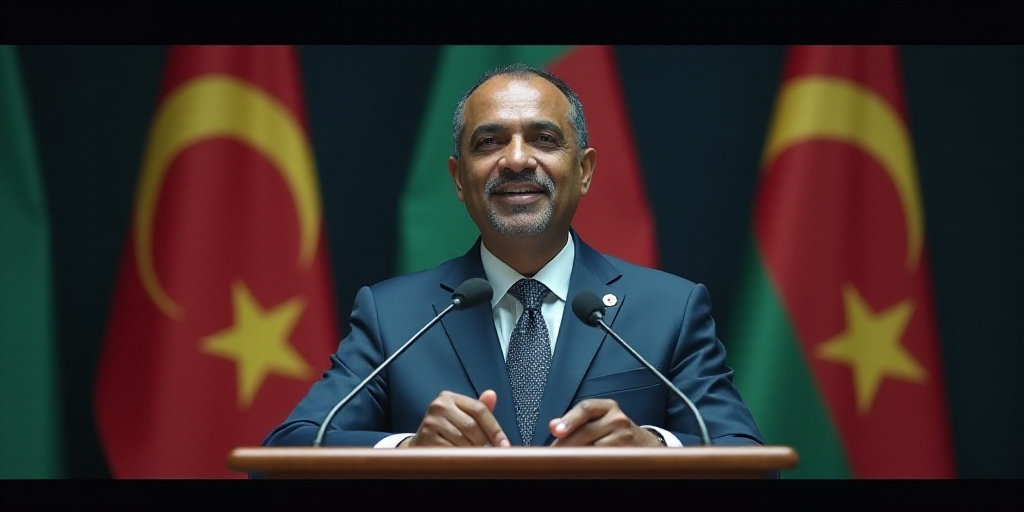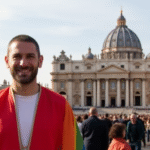Background on Monkeypox and its Global Impact
Monkeypox, a rare viral disease that falls into the same family as smallpox, has recently made headlines due to an unprecedented global outbreak. The disease primarily affects people in West and Central Africa, but the recent cases have been reported across various continents, including Europe, North America, and Australia. This unusual spread prompted the World Health Organization (WHO) to declare a Public Health Emergency of International Concern (PHEIC) on May 20, 2022.
WHO’s Decision and Its Significance
On May 24, 2022, the WHO announced that it was lifting the global health emergency for monkeypox. This decision came after a consistent decline in both cases and deaths in the Democratic Republic of Congo (DRC) and other affected countries. The PHEIC was declared to facilitate a coordinated international response, resource mobilization, and research efforts to combat the disease.
Key Actions and Timeline
- May 20, 2022: WHO declares a PHEIC for monkeypox due to the global spread of the disease.
- June 2022: Cases begin to decline in the DRC and other affected countries.
- May 24, 2022: WHO lifts the global health emergency for monkeypox, citing the decrease in cases and deaths.
Who is Affected, and Why is This Relevant?
Monkeypox is caused by the Monkeypox virus, which is transmitted to people from infected animals or through human-to-human respiratory transmission. The recent outbreak has predominantly affected men who have sex with men, although anyone can contract the virus. The WHO’s decision to lift the global health emergency signifies that the situation is improving in the most affected regions, but it does not mean the threat has completely disappeared.
Key Questions and Answers
- What is Monkeypox? Monkeypox is a rare viral disease that belongs to the same family as smallpox. It primarily affects people in West and Central Africa, though recent cases have been reported globally.
- Why did WHO declare a PHEIC for Monkeypox? The WHO declared a PHEIC due to the unprecedented global spread of Monkeypox, which posed a significant risk to public health.
- When was the global health emergency lifted? The WHO lifted the global health emergency for Monkeypox on May 24, 2022, following a consistent decline in cases and deaths.
- Who is most affected by Monkeypox? While anyone can contract Monkeypox, recent cases have predominantly affected men who have sex with men. However, it’s essential to note that the virus can spread through close contact with an infected person’s respiratory secretions, skin lesions, or contaminated materials.
- Does the lifting of the emergency mean Monkeypox is no longer a threat? No, the lifting of the emergency indicates that the situation is improving in the most affected regions. However, vigilance and continued public health measures are necessary to prevent future outbreaks.






